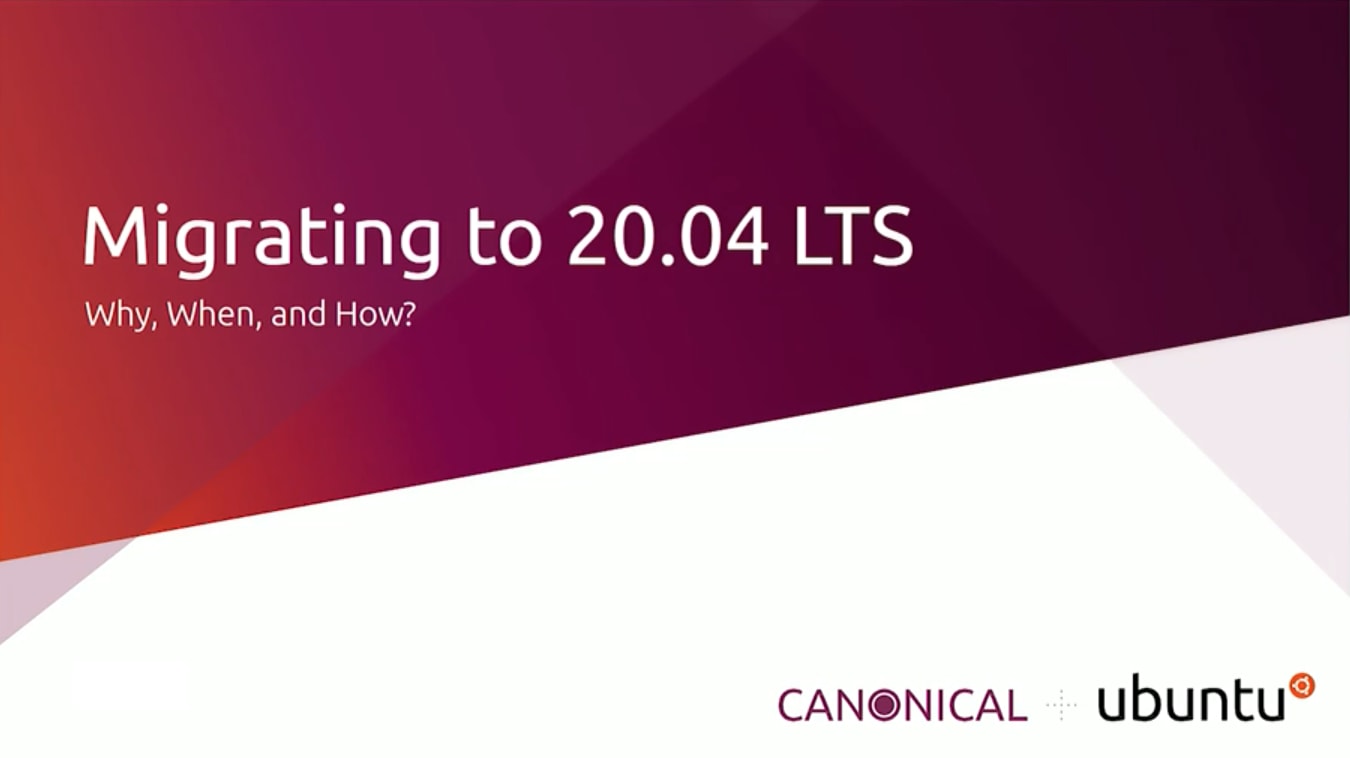Ubuntu 18.04 LTS (Bionic Beaver) on Azure
Out of standard support. Upgrade to Ubuntu Pro
Ubuntu 18.04 LTS (Bionic Beaver) was released on 23 April 2018, introducing improved UEFI Secure Boot and broader Kernel Livepatch coverage for enhanced security on Azure.
Reaching end of standard support on 31 May 2023
Transitioning to the latest operating system, such as Ubuntu 22.04 LTS or Ubuntu Pro 22.04 LTS, is important for performance, hardware enablement and new technology benefits and is recommended for new instances. But it might be a more complex process for existing deployments.
What are your options?
You can either migrate to the next LTS or upgrade to Ubuntu Pro to expand your security maintenance.
With Ubuntu Pro, the 18.04 LTS will be fully supported until 2028. Ubuntu Pro is free for personal and small-scale commercial use on up to 5 machines. Paid plans with transparent, per-machine pricing are available for large-scale deployments.
In-place upgrade to Ubuntu Pro 18.04
Watch the 18.04 End of Standard Support webinar ›
Ubuntu 18.04 LTS 'Bionic Beaver', one of the most popular Ubuntu releases, reaches the end of the standard, five-year maintenance window for Long-Term Support (LTS) releases on 31 May 2023. Join us to learn more about your options.
Security updates for Ubuntu 18.04 LTS, with Pro
The Ubuntu Security Team is dedicated to providing timely security updates for all packages on Ubuntu 18.04 LTS for x86-64 and arm64 architectures.
Upgrading to Ubuntu 20.04 LTS, or Ubuntu 22.04 LTS fresh install
Where it makes sense, you should transition workloads to later Ubuntu releases. You can either upgrade existing Ubuntu 18.04 LTS instances to Ubuntu 20.04 LTS or redeploy your workload onto a fresh Ubuntu 22.04 LTS instance.
There is no direct upgrade path from 18.04 LTS to Ubuntu 22.04 LTS, so you can either move to Ubuntu 20.04 LTS and then to Ubuntu 22.04 LTS, or directly install Ubuntu 22.04 LTS.

Watch the 20.04 migration webinar ›
This webinar explores all the factors that should be taken into account to deliver successful migration at the right pace, covering the most popular infrastructure components such as OpenStack, Kubernetes and Ceph.
Upgrading to Ubuntu Pro
Selecting the best method to obtain Ubuntu Pro on Azure depends on your needs and workload flexibility. Here are your main options:
Directly transition from Ubuntu Server to Ubuntu Pro within Azure without any downtime. This process requires just a few commands, and Azure takes care of the billing. For an in-depth guide, refer to our announcement.
For workloads that support regular redeployment, like in CI/CD setups, use the Ubuntu Pro images from the Azure Marketplace. These images come preloaded with the latest security updates, ensuring a secure start. Plus, they seamlessly replace Ubuntu Server images in most deployment tools, such as Azure Image Builder, Terraform, and Packer.
Upgrade to Ubuntu Pro on Azure Get started with Ubuntu Pro on Azure
Expanded Security Maintenance (ESM) for 18.04 LTS
Expanded Security Maintenance (ESM) provides extended Linux kernel and open source security updates for the Ubuntu base OS, key infrastructure components, like Ceph, OpenStack and Kubernetes, as well as open source applications, like PostgreSQL and NGINX.
ESM is free on up to five machines and for broader enterprise use through an Ubuntu Pro subscription. The subscription also includes additional services such as FIPS-compliant modules and the Ubuntu Livepatch Service to apply critical kernel patches without unplanned downtime.
What do you get with Ubuntu Pro for 18.04 LTS?
Standard Security Maintenance of an Ubuntu LTS release covers binary packages that reside in the 'Main' Ubuntu repository for a period of five years. For continued security beyond the standard five-year maintenance period, Ubuntu Pro delivers security maintenance to a wide range of binary packages that are commonly used in cloud and server workloads on 64-bit x86 AMD/Intel architectures for a period of five years beyond the end of standard support.
Additionally, Ubuntu Pro can also cover all packages in the 'Universe' Ubuntu repository, until April 2028.
Support kernels
For continued Linux kernel security, Ubuntu Pro for Ubuntu 18.04 LTS includes support for the below versions:
| Ubuntu release | Architecture | Kernel version |
|---|---|---|
| Ubuntu 18.04 LTS | arm64, amd64 (AMD/Intel) and s390x | 5.4 (HWE) |
| Ubuntu 18.04 LTS | arm64, amd64 (AMD/Intel) and s390x | 4.15 (GA) |
Infrastructure packages
For Ubuntu 18.04 LTS, where technically feasible, Canonical provides expanded security maintenance to all binary packages that reside in the Ubuntu Main Repository.
OpenStack Queens packages are security maintained in Ubuntu Pro 18.04 LTS until 2028.
Application packages
Canonical provides application expanded security maintenance to the binary packages that reside in Main and Universe. A few commonly-used packages include:
- MySQL – 5.7
- Python – 2.7
- PostgreSQL – 10
- Ruby – 2.5
- Nodejs – 8.10
- PHP – 7.2
- ROS – Melodic
Upgrading to Ubuntu Pro on Azure
If your workload can be redeployed periodically, for example in a CI/CD environment, we recommend using Ubuntu Pro 18.04 from the Azure Marketplace. These premium images are optimized for Azure and come with advanced security and compliance features. Ubuntu Pro also provides security coverage for all software packages included with Ubuntu and monitors high and critical CVEs.
If redeployment is not an option for you, you can still upgrade to Ubuntu Pro by obtaining an activation token from Canonical, reach out to us. Our team is readily available to assist you in securing and activating your Pro Token.
Latest Ubuntu 18.04 LTS news from our blog ›

